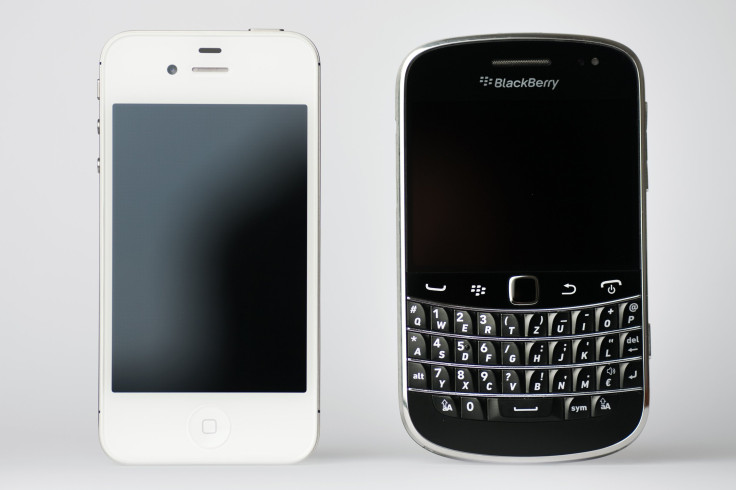Doctors: Cell Phone Addiction Is Real

As phones become increasingly smarter and the world becomes rapidly more connected, many of us are tied to our phones. We check them when we are with friends, we worry about the batteries running out, and we become anxious if we leave the house without them. But does this qualify as an addiction? Some psychiatrists are saying that it does and at least one clinic has begun offering treatment options for the condition to boot.
The term, nomophobia, was first coined by British researchers in 2008 to describe people who experience anxiety when they have no access to mobile technology, like their phones. Recently, SecurEnvoy, a company that creates security for cell phones, conducted a poll of 1,000 people about cell phone use and nomophobia. The company found that 66 percent of people have the condition.
Broken down across gender lines, more women are nomophobic than men, at 70 to 61 percent. And, across generational lines, 77 percent of people aged 18 to 24 are nomophobic, compared with 68 percent of 25- to 34-year-olds. Cell phone users over the age of 55 were the third-largest bloc of nomophobics. This study, conducted in the United Kingdom, found that the percentage of people with nomophobia had risen from 53 percent in 2008.
Dr. Keith Ablow writes, "When human beings feel at a loss without mobile technology to anchor their moods and make them feel safe and content, then they are vulnerable to limiting interpersonal contact that interferes with their access to that technology. That can mean less outdoor activity, less conversation, less intimacy and less reliance on one's own fund of knowledge and ability to structure time and tasks. Needing anything in order to feel normal and free from panic - whether a phone or three glasses of wine - is a disability."
At least one drug and recovery center, Morningside Recovery Center in California, concurs with Dr. Ablow. They have established the world's first recovery group for patients with the condition and think that it should be considered every bit as serious as alcohol or drug addiction.
Published by Medicaldaily.com



























